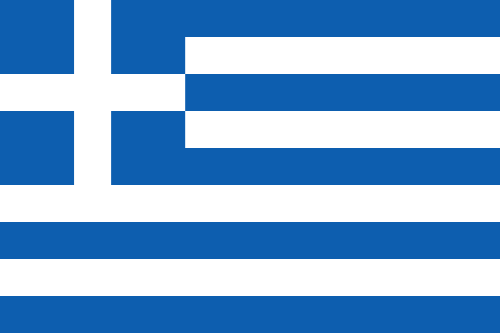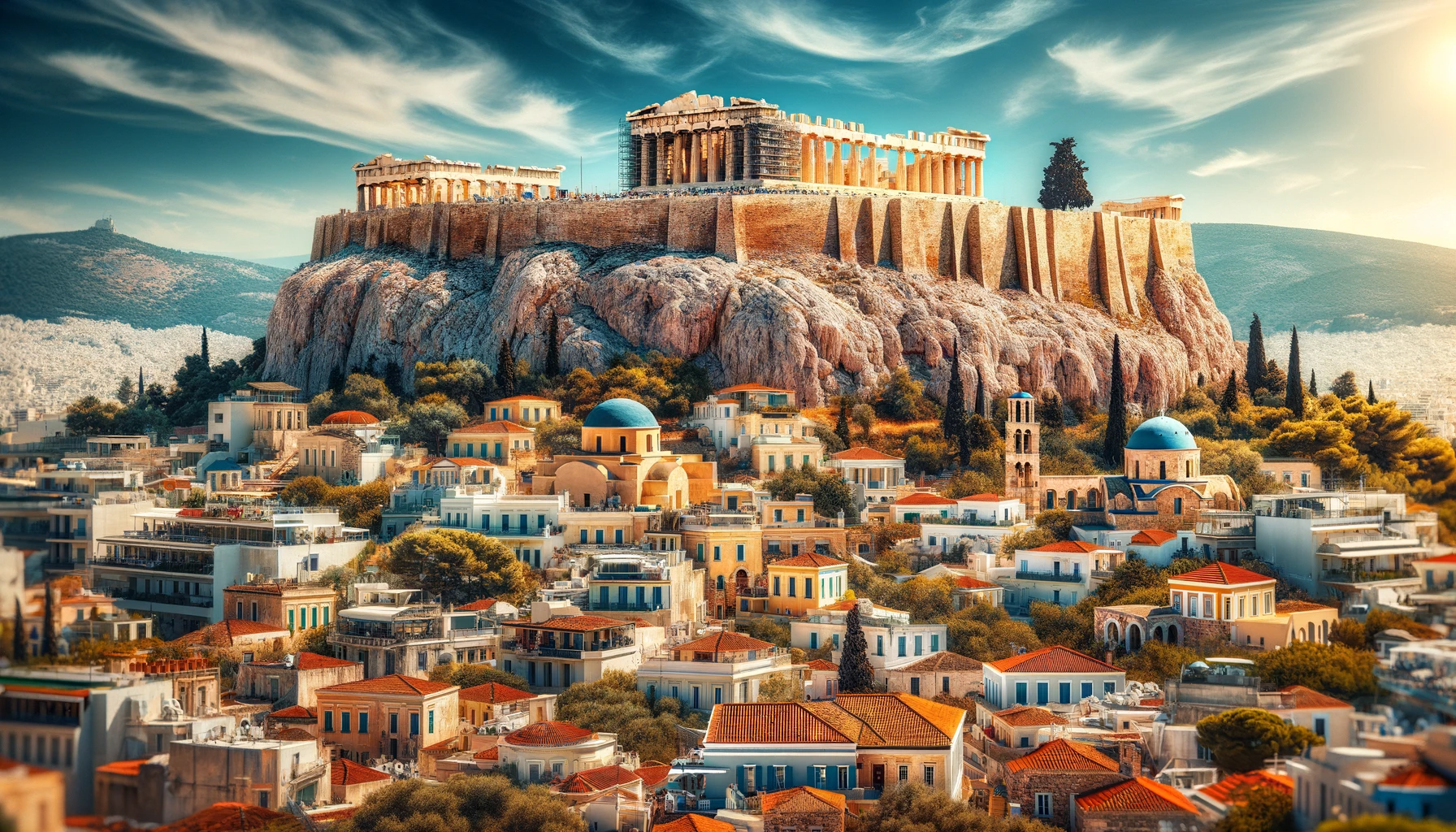Greece, a country in Southeast Europe, is celebrated for its ancient history, stunning Mediterranean landscapes, and rich cultural heritage. It’s the cradle of Western civilization, democracy, philosophy, and the Olympic Games.
List of Public Holidays and National Holidays in Greece for the year 2025
- New Year’s Day is on Wednesday, January 1st.
- Epiphany is on Monday, January 6th.
- Orthodox Ash Monday is on Monday, March 3rd.
- Independence Day is on Tuesday, March 25th.
- Orthodox Good Friday is on Friday, April 18th.
- Orthodox Easter Sunday is on Sunday, April 20th.
- Orthodox Easter Monday is on Monday, April 21st.
- Labour Day is on Thursday, May 1st.
- Orthodox Whit Sunday is on Sunday, June 8th.
- Orthodox Whit Monday is on Monday, June 9th.
- Assumption Day is on Friday, August 15th.
- Ochi Day is on Tuesday, October 28th.
- Christmas Day is on Thursday, December 25th.
- 2nd Day of Christmas is on Friday, December 26th.
This list reflects the major public holidays observed in Greece.
- Orthodox Ash Monday (Kathara Deftera): Marks the beginning of the Orthodox Christian Lent.
- Ochi Day: Commemorates the Greek “No” to the Italian ultimatum in 1940, marking the beginning of Greece’s involvement in World War II.
List of Public Holidays and National Holidays in Greece for the year 2024
- New Year’s Day – Monday, 1. January 2024
- Epiphany – Saturday, 6. January 2024
- Orthodox Ash Monday – Monday, 18. March 2024
- Independence Day – Monday, 25. March 2024
- Labour Day – Wednesday, 1. May 2024
- Orthodox Good Friday – Friday, 3. May 2024
- Orthodox Easter Sunday – Sunday, 5. May 2024
- Orthodox Easter Monday – Monday, 6. May 2024
- Orthodox Whit Sunday – Sunday, 23. June 2024
- Orthodox Whit Monday – Monday, 24. June 2024
- Assumption Day – Thursday, 15. August 2024
- Ochi Day – Monday, 28. October 2024
- Christmas Day – Wednesday, 25. December 2024
- 2nd Day of Christmas – Thursday, 26. December 2024

History
- Ancient Greece: Birthplace of Western philosophy, democracy, literature, and science.
- Classical and Hellenistic Periods: Era of city-states like Athens and Sparta; Alexander the Great’s empire.
- Roman and Byzantine Rule: Became part of the Roman and later Byzantine Empires.
- Ottoman Rule: Fell under Ottoman control in the 15th century.
- Independence in 1821: After a war of independence, became a modern nation-state.
Geography
- Location: Located in Southern Europe, comprising a mainland and thousands of islands. Greece borders Albania, Bulgaria, and North Macedonia to the north, and Turkey to the east
- Land Area: Approximately 131,957 square kilometers.
- Terrain: Mountainous mainland with idyllic island beaches.
- Climate: Mediterranean, with hot, dry summers and mild, wet winters.
Economy
- Tourism: A major industry, with visitors drawn to historical sites and islands.
- Agriculture and Maritime: Significant olive oil production and a strong shipping sector.
- Challenges: Economic difficulties, including a significant debt crisis in the 2010s.
Culture
- Language: Greek (official).
- Heritage: Rich in mythology, classical arts, and the birthplace of Western drama and philosophy.
- Cuisine: Known for Mediterranean cuisine – olive oil, feta, gyros, and moussaka.
- Festivals: Vibrant traditions including Orthodox Christian festivities and local celebrations.
Tourism
- Historical Sites: Acropolis of Athens, Delphi, and Olympia.
- Islands: Popular destinations like Sant
orini, Mykonos, and Crete, known for their beauty and vibrant nightlife.
- Cultural Landmarks: Byzantine monasteries in Meteora and the medieval Old Town of Rhodes.
Society and Politics
- Government: Parliamentary republic with a rich political history.
- EU Membership: Joined the European Union in 1981, and the Eurozone in 2001.
- Social Issues: Addressing challenges in healthcare, education, and immigration.
Challenges and Opportunities
- Economic Recovery: Working on economic reforms and recovery from the financial crisis.
- Cultural Preservation: Efforts to preserve historical sites and promote cultural heritage.
- Environmental Concerns: Focusing on sustainable tourism and environmental conservation.
Conclusion
Greece’s blend of ancient wonders, beautiful landscapes, and a deep cultural legacy, coupled with its ongoing journey towards economic and social resilience, makes it a unique and compelling country in Europe.

